1954
Top 4 PHP Frameworks 2024 for Developing Web Applications
20 Feb, 2024
7 min read
1954
20 Feb, 2024
7 min read
Table of content
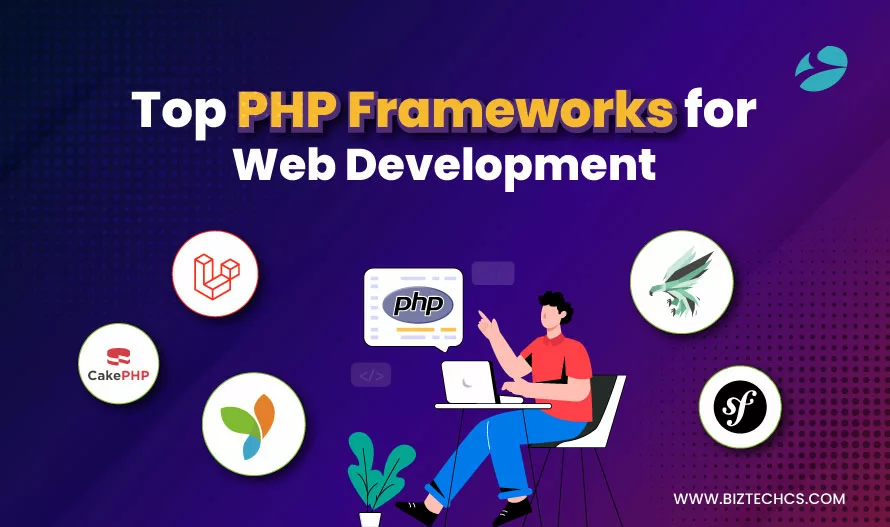
The landscape of web development continues to evolve rapidly, with PHP maintaining its position as a cornerstone of this dynamic environment. When we talk about web development, PHP is one of the most popular programming languages that comes to mind.
Its ease of use, versatility, scalability, security, and open-source nature are some of the reasons why it is preferred by many. Even so, it is not ideal for creating complex or large-scale applications as it is a dynamically typed language.
Therefore, managing the code gets more complex with PHP. There may arise issues with code reliability and maintainability and PHP may get replaced with other modern technologies. However, PHP web frameworks change the scenario altogether.
With their static-typing, built-in features, standardized coding practices, and rapid development capabilities, PHP web frameworks can facilitate in the development and maintenance of robust and secure applications.
In this blog post, we will explore the various best PHP frameworks that can give your project the much-needed competitive edge you seek in 2024. Whether you’re a seasoned developer or just starting, understanding the nuances of these frameworks is key to making informed decisions for your web development projects.
So, it’s time to get started!
A PHP framework is a platform that helps you build PHP-based web applications while improving the software development lifecycle. You can develop PHP applications much faster as redundant coding tasks are reduced and various common tasks like form handling, session management, database maintenance, etc. are simplified.
Initially developed as a procedural language, PHP lacked the flexibility and accuracy of object-oriented technologies. By keeping in mind the immense preference for OOP concepts, the latest versions of PHP are all made to be object-oriented.
Thus, knowledge of object-oriented PHP has become a necessary skill for developers in the industry.
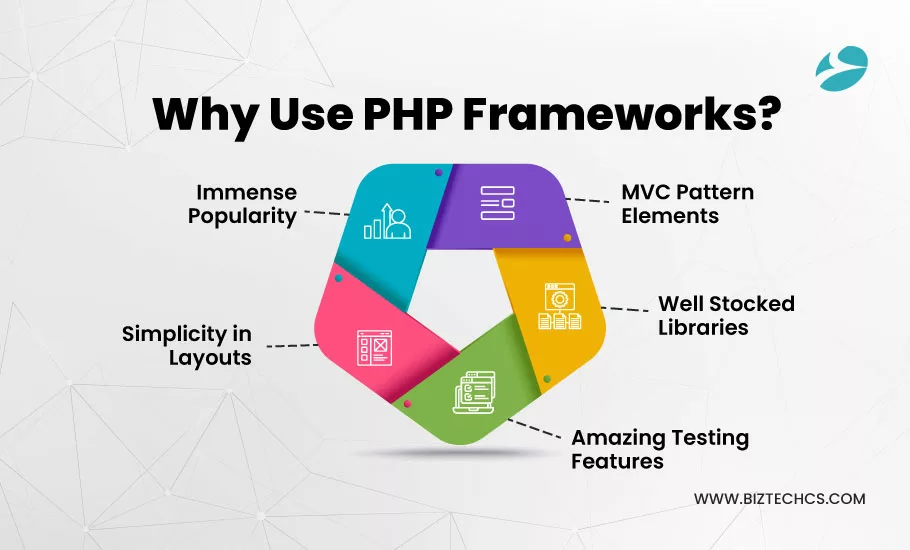
Using a PHP framework for web development offers several significant advantages, which can lead to more efficient, secure, and successful project outcomes. Here are a few notable reasons for using PHP web app frameworks.
The PHP web application frameworks offer a plethora of benefits right from rapid development to building secure applications. A leading PHP development company can further But with exposure to so many PHP frameworks, you may find yourself more puzzled than before.
Thus, this list of the best PHP frameworks of 2024 may help you greatly. Let’s check the features, advantages, and disadvantages to compare and decide the best one for your specific needs.
1.Laravel

The open-source PHP framework was created and released by Taylor Otwell in 2011. Its powerful ecosystem, elegant syntax, and robust features set it apart from other frameworks. The MVC architecture pattern for Laravel ensures seamless code maintenance.
Features of Laravel:
Benefits of Laravel:
Drawbacks of Laravel:
Best Applications of Laravel:
2.Symphony

This open-source PHP web framework was released in 2005 under the MIT license. Known for its robust performance, flexibility, and reusable PHP components, Symfony is capable of developing complex web applications seamlessly.
Features of Symfony:
Benefits of Symfony:
Drawbacks of Symfony:
Best Applications of Symfony:
3.CakePHP

CakePHP is a rapid development framework for PHP, known for its simplicity and elegance. It follows the principles of convention over configuration, meaning developers can work smarter, not harder. It’s an excellent tool for building web applications quickly without losing flexibility and is built after the logic of Ruby on Rails.
Features of CakePHP:
Benefits of CakePHP:
Drawbacks of CakePHP:
Best Applications of CakePHP:
4.CodeIgniter

Released in 2006, CodeIgniter is an open-source PHP framework designed for developers who need a simple and elegant toolkit to create full-featured web applications. Known for its nearly zero-configuration requirement, it’s favored for its simplicity and performance.
Features of CodeIgniter:
Benefits of CodeIgniter:
Drawbacks of CodeIgniter:
Best Applications of CodeIgniter:
These are some of the most popular PHP frameworks of 2024 that you can find useful. Check out the features and weigh the pros and cons to decide if the chosen PHP framework is most suitable for your project or not.
In this pursuit, if you need help from professional PHP developers, BiztechCS can help you with that. Our pre-vetted talent pool consists of skilled PHP programmers experienced in various PHP frameworks. Connect with the developers for consultation, migration, development, support & maintenance.
Choosing the right PHP framework in 2024 depends on several factors, including the specific requirements of the project, the expertise of the development team, and the desired balance between performance and built-in functionalities. Whether it’s a small, dynamic website or a large-scale enterprise application, these frameworks provide the tools and features necessary to create efficient, secure, and scalable web applications.
This list of best PHP frameworks alongside its features, benefits, and drawbacks should give you the desired insight for your project. So, decide wisely!
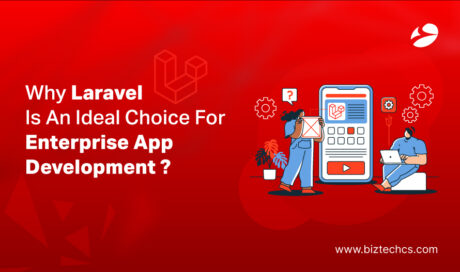
Development
Laravel
127
By Devik Gondaliya
22 Aug, 2024
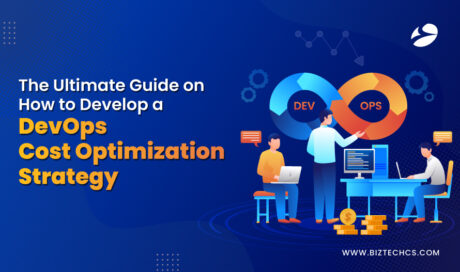
Development
Devops
125
By Biztech
20 Aug, 2024
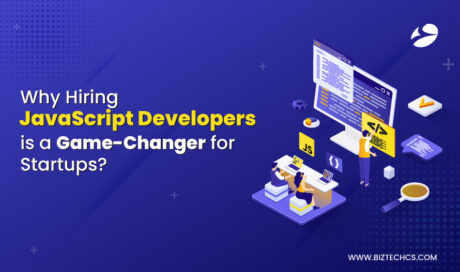
Javascript
248
By Devik Gondaliya
13 Aug, 2024